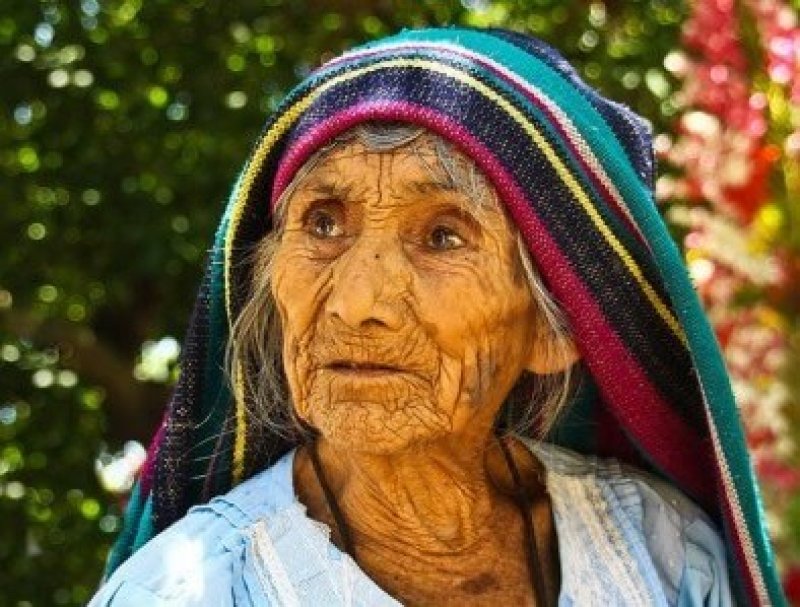The following is an editorial summary.
People who live past age 100 develop diseases at later ages than the rest of us. For more than twenty years, Albert Einstein College of Medicine gerontologist Nir Barzilai has been studying the genes of a group of people who exhibit exceptional, and apparently heritable, longevity, in hopes of someday eliciting the same effects in others through genetic technology.
Read the full story here: Why Do Some People Live to 100 Years?
Additional Resources:
- The Longevity Genes Project
The website of the longevity study mentioned in the article. - “‘Methuselah’ Mutation Linked to Longer Life,” Scientific American
This article from 2008 discusses the study’s finding that specific mutations in the gene for growth hormone receptor are correlated with later onset of disease. - “Longevity genes challenged,” Nature
This report from the journal Nature provides a look into the controversy around one longevity-linked enzyme that may be boosted by the chemicals found in red wine.































